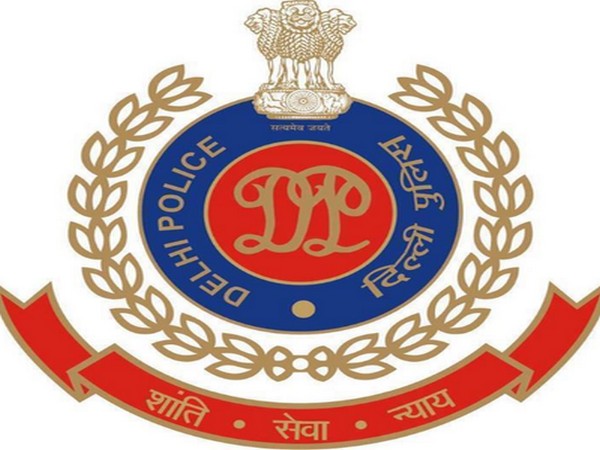Delhi police officials say coronavirus changed their investigation, communication process
Once all protocols are followed and bodies are handed over, they sanitise themselves thoroughly," said Deputy Commissioner of Police (Railways) Harendra Kumar Singh. Elaborating the investigation process, another officer said the officers involved in interrogation sit at a distance from the accused, wear masks, face shields.

- Country:
- India
Donning PPE kits, mandatory Covid tests on the accused, exercising caution when lifting fingerprints and regular sanitisation of hands have become the new normal for Delhi police officials when they step out to investigate a case. They have to ensure they protect themselves and their communities to be able to solve a case as 14 police personnel have died due to Covid-19. Over 2,500 have been infected with the virus but they say a majority of the police personnel have recovered and resumed duty.
Police officials say a major change has happened in the way they communicate among themselves, with the accused, and to the society; they now send warrants and summons through WhatsApp. "Technology has played a vital role in communication. We are conducting meetings with various groups, market associations via video link," said a police official, requesting anonymity.
The official said police have started collecting details about complaints and cases online and in some cases, like those related to petty crimes, interrogations are done via video link. "Our investigating officers have been participating in court hearings via video-conferencing. Video recording of statement is admissible. It saves time and everyone is able to attend the hearings too," he added.
First-time offenders are produced before the Duty Magistrate and sent to jail from there and they are not taken to the court again for extension of remand, police officials said. Another police officer, requesting anonymity, said arrests are made where absolutely necessary or in cases of murder, rape or when it is possible that the accused might escape.
An officer from the Outer Delhi District said there hasn't been much change in the investigating process, but the mode of communication has undergone a significant change. "We try to maintain social distancing as much as we can. The real change is in the way we have started communicating, holding meetings and sending out directions," the officer said.
He said the nature of the work requires them to visit the crime scene, investigate it, at times touch a body, look for hidden evidence. "This involves risk amid the pandemic and we can't do away with it. It's all part of investigation but now we do it wearing masks, face shields, gloves and in vulnerable cases, our staff also wear PPE kits while going to such spots," he added.
While making an arrest or catching a suspect, police officials fear getting infected. "So, as soon as an accused is arrested, police provide masks and sanitisers to them and they are tested for Covid-19, which is also put in the arrest memo," he said.
"We try to maintain social distancing after an arrest but still there is always a fear that the suspect may flee from the spot so we maintain a safe distance and stay vigilant. We also have to get certain documents signed by them so there are possibilities of contact," he said. "We deal with accidents and suicides at railway tracks. So, as per protocol, our staff wear PPE kits and only then, they touch the bodies. It's a precautionary measure which we follow. In cases, where ambulances are not available, the staff in PPE kits shifts the bodies in police vehicles. Once all protocols are followed and bodies are handed over, they sanitise themselves thoroughly," said Deputy Commissioner of Police (Railways) Harendra Kumar Singh.
Elaborating the investigation process, another officer said the officers involved in interrogation sit at a distance from the accused, wear masks, face shields. Even the suspects are provided face masks and shields, he added.
Police officers welcome the use of technology for communication, saying it reduces manpower deployment and working hours, and saves fuel. "We always had WhatsApp groups. But with Covid-19, these groups are being used to the fullest to issue directions," the officer said.
However, police officials say one of the advantages the virus has brought has been hygiene. It has made hygiene a priority, and fostered bonhomie within the police force.
(This story has not been edited by Devdiscourse staff and is auto-generated from a syndicated feed.)










